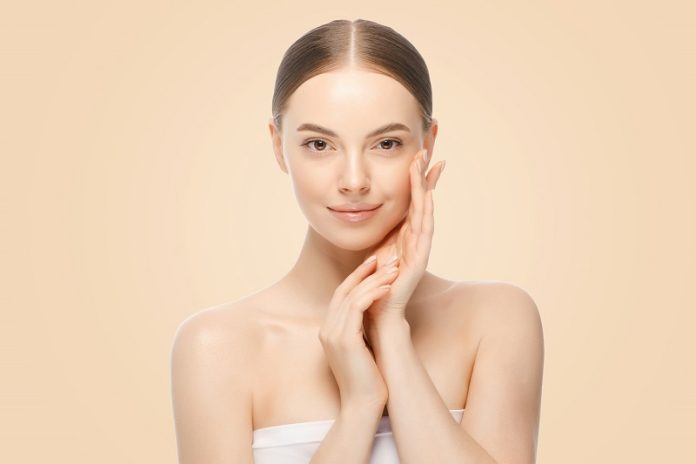
A recent study published in Social Science and Medicine has found that people who are considered less attractive may have shorter lifespans than those who are seen as more attractive.
The research was conducted by experts from The University of Texas at Austin and Arizona State University, who analyzed data from the Wisconsin Longitudinal Study (WLS).
This study followed over 8,000 high school graduates from the class of 1957, tracking them from the age of 18 to 83.
The study, titled “Looks and Longevity: Do Prettier People Live Longer?” revealed that those rated as the least attractive lived shorter lives, on average, compared to others in the group.
The study’s co-author, Daniel Hamermesh, a professor emeritus of economics at UT Austin, highlighted that this finding adds to the growing evidence that looks can impact various aspects of life, including health, job opportunities, and even life expectancy.
To measure attractiveness, researchers used old high-school yearbook photos from the WLS. These photos were rated on an 11-point scale, ranging from “not at all attractive” to “extremely attractive.”
The raters, who were from the same age group as the high school graduates, went through training to ensure consistent evaluations.
The study found that the least attractive 1/6 of the participants had shorter lifespans compared to the others. Specifically, among women at age 20, life expectancy was nearly two years shorter for those in the least attractive group.
For men, life expectancy was about one year shorter for those in the same group. These findings remained significant even after considering other factors like education, income, and health behaviors.
Interestingly, the study noted that the effect was mainly seen in the least attractive individuals. Among the rest of the participants, differences in attractiveness didn’t have much impact on how long they lived.
Connor Sheehan, an associate professor of social and family dynamics at Arizona State University and co-author of the study, emphasized that this research underscores the need for fair treatment, regardless of a person’s looks.
While the exact reasons for this link between attractiveness and lifespan are still unclear, the researchers suggest that social stigma, discrimination in the workplace, and unequal access to healthcare might play a role.
This study sheds light on the broader impact that physical appearance can have on our lives, and it calls for more awareness and action to ensure everyone is treated equally, no matter how they look.


